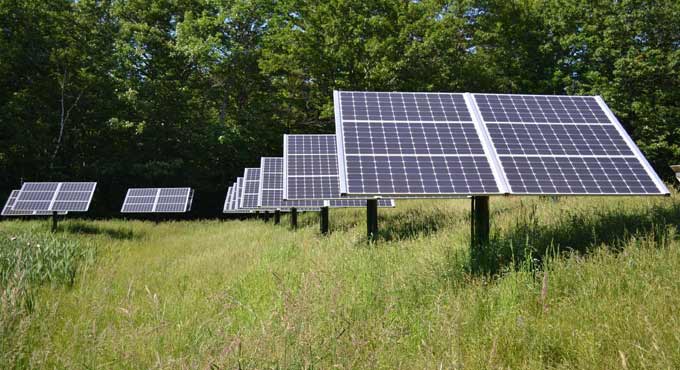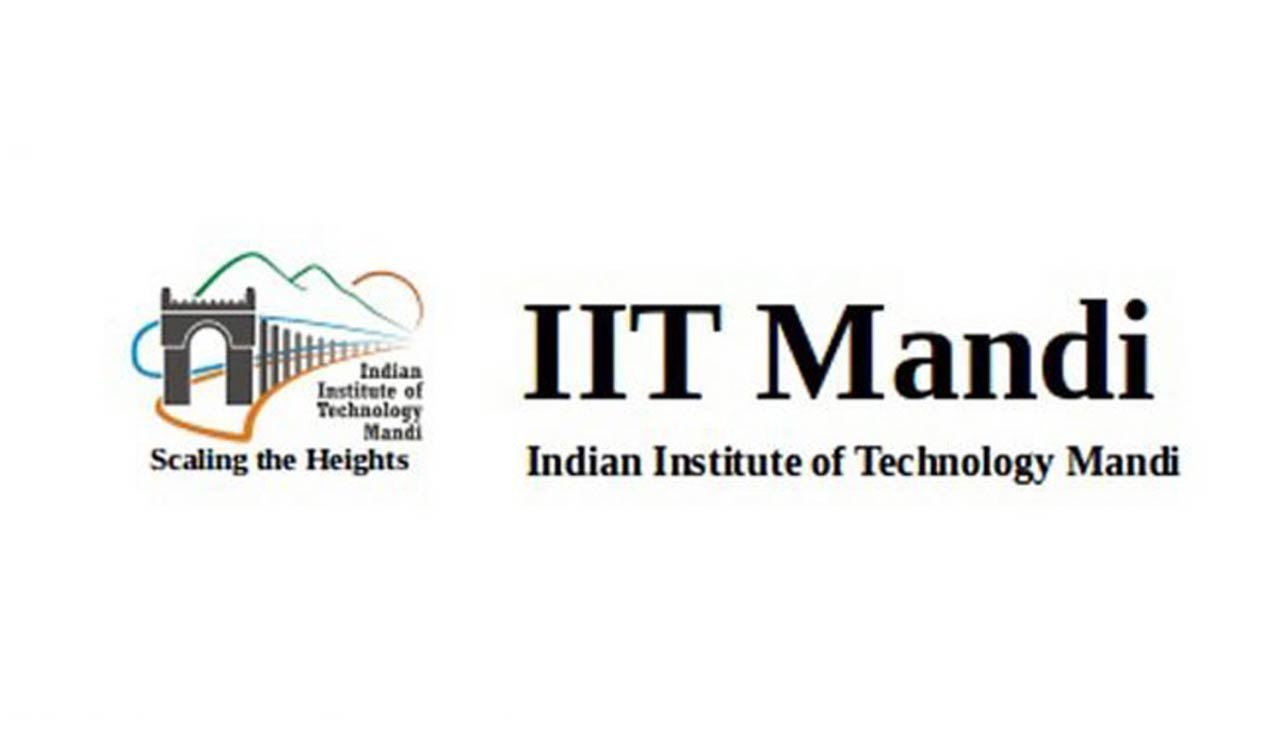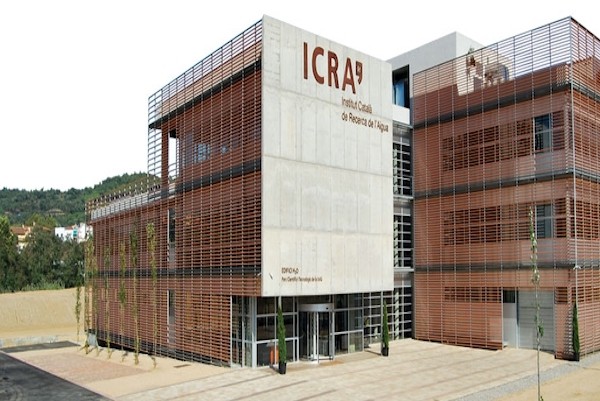Basic customs duty on solar cells to push tariff upwards: Ind-Ra
"The imposition of basic customs duty (BCD) on solar cells and modules with effect from April 1, 2022 will lead to an increase in solar tariffs on account of a rise in the overall project costs," Ind-Ra said.

New Delhi: The government’s decision to levy basic customs duty (BCD) on solar cells and modules from April 1 will lead to increase in solar power tariff rates and create additional risk for domestic manufacturers in incurring significant capex, according to India Ratings and Research (Ind-Ra). Further, it would reduce the overall attractiveness of solar projects to off-takers and finally end-consumers, the agency said in a statement.
“The imposition of basic customs duty (BCD) on solar cells and modules with effect from April 1, 2022 will lead to an increase in solar tariffs on account of a rise in the overall project costs,” Ind-Ra said.
Asmita Pant, senior analyst at Ind-Ra, said, “The increase in tariffs will increase power purchase costs for solar off-takers by Rs 9 billion (Rs 900 crore) annually, considering that around 10 GW of solar capacity will come on stream in the next 12 months.” This amount will keep on increasing exponentially with the commissioning of new projects till the time the duty is in place or import costs and cost of local manufacturing achieve parity, he added.
“This may also affect the government’s plan to achieve the targeted solar capacity of 280 GW by 2030.” BCD would also be applicable for already bid out projects, the statement said, adding that time-frame for which BCD would be applicable is uncertain, creating additional risk for domestic manufacturers in incurring significant capex. The existing safeguard duty (SGD) regime expiring in July 2021 is applicable on imports from China, Thailand and Vietnam.
However, as BCD covers all the countries, it minimises any scope for imports being routed from any country outside of India, Ind-Ra said.
Clarity is also required if manufacturers based in SEZs will have to pay BCD, and if existing investments in the sector based in SEZs will be at risk, given that majority of domestic cell/module manufacturing capacity in India is based out of SEZs (special economic zones), it said. As per Ind-Ra’s discussion with some of its rated issuers, the landed cost of imported solar modules (including transportation and hedging cost) without considering SGD of 14.5 per cent is lower than that of domestically manufactured solar modules by around 25 percent.
However, considering that the SGD would be completely replaced by BCD, the cost of imported modules is likely to be 6 to 8 per cent higher than the current domestic module prices, it stated. Although the cost of modules manufactured using imported solar cells will likely be lower by 4 to 5 per cent than the current domestic module prices, as per Ind-Ra’s estimates.
However, to completely meet the demand for solar capacity, the existing domestic cell/ module manufacturing capacity can be a constraint, it pointed out. The government aims to support the domestic cell and module manufacturing industry by imposing BCD, as it will make the price of domestic cells comparable to imported cells. If domestic manufactures become competitive with time by reducing their cost against the imported modules and cells, BCD could also come down.
Moreover, investments into the domestic manufacturing sector are needed, the statement said. Increased capacity utilisation along with vertical integration of cell and module manufacturing units in India will lead to economies of scale, thereby reducing the overall cost of manufacturing, Ind-Ra said. Global players can play a vital role to make the domestic industry more viable and internationally competent, it added.
Ind-Ra’s estimates are almost in line (considering the fact that solar cells are imported and modules are manufactured domestically) with the recent tariff of Rs 2.20/kWh discovered after BCD imposition in the latest solar auction conducted by Gujarat Urja Vikas Nigam Ltd. The existing solar tariff is lower than the average pooled power purchase cost (APPC) for most of the state discoms.
This makes the solar projects an attractive cost mix for discoms. However, an increase in solar tariffs due to BCD may lead to increase in APPC of solar power for the discoms, reducing the overall inclination of power off-takers towards solar projects, it stated.
Now you can get handpicked stories from Telangana Today on Telegram everyday. Click the link to subscribe.
Click to follow Telangana Today Facebook page and Twitter .
Related News
-
Budget 2025-26: Government to fully exempt custom duty on 36 life-saving medicines
-
IIT Mandi study sheds light on benefits of recycling end-of-life solar cells
-
TIFR researchers Hyderabad receive Rs 6.8 crore DST grant for research on solar cells
-
Rising solar PV module prices near term headwind: ICRA
-
Illegal sand extraction near Annaram barrage pillars raises safety concerns
8 mins ago -
Sindhu stranded in Dubai on way to All England championship
16 mins ago -
Sreenidi Deccan FC begin season with win over Diamond Harbour
30 mins ago -
Israel-Iran tension: International flight operations cancelled
35 mins ago -
DEO initiates disciplinary action against 50 government teachers in Khammam
40 mins ago -
SLBC tunnel excavation resumes, breakthrough targeted by mid-2027: Uttam
43 mins ago -
US, Israel–Iran conflict disrupts flights, Indian carriers suspend Middle East operations
1 hour ago -
Singareni employee killed, wife injured in road accident on Rajiv Rahadari
1 hour ago




